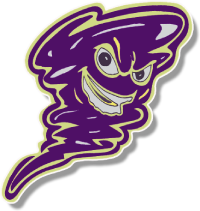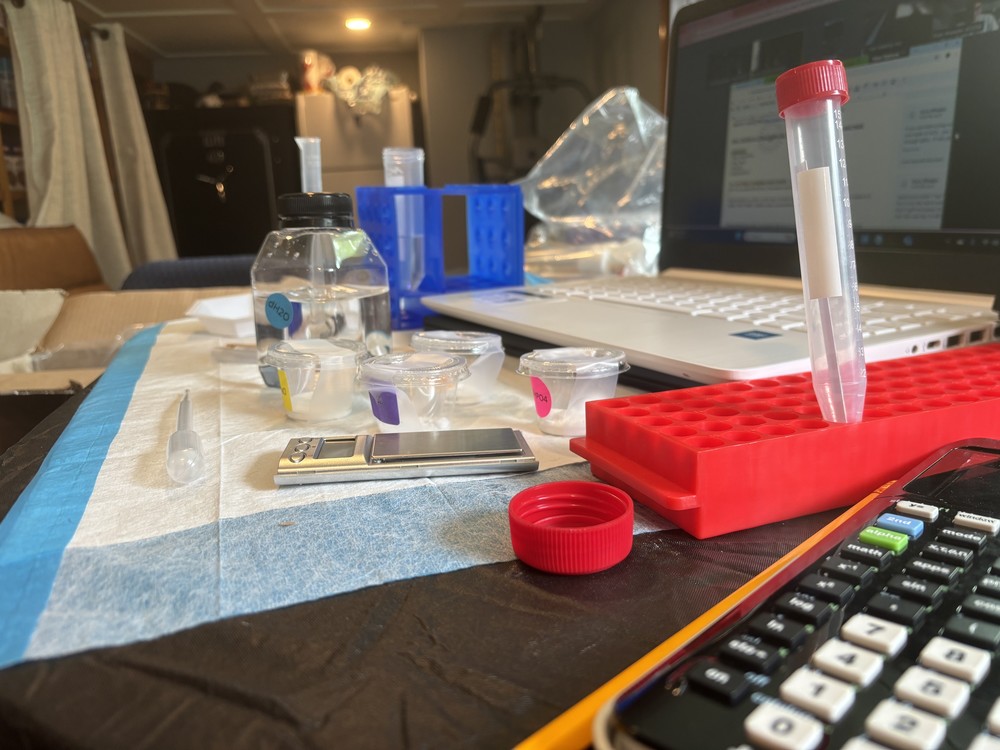RACINE- A Southern High School student spent part of her summer collaborating with like-minded peers across the United States to learn more about cancer research.
Incoming sophomore Emma Leachman was accepted into the Summer Health Experience (SHE) in Oncology program at The Ohio State University. The two-week virtual program was designed to introduce high school girls to careers in cancer research, clinical care, survivorship, and community engagement.
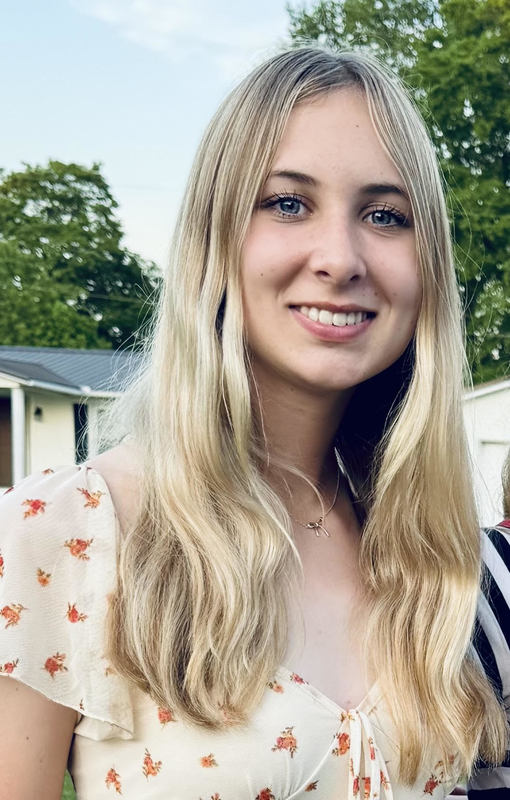
Emma said she joined live online lab sessions and got to experiment right at home. She explained that her group studied how diet affects a cancer-related mutation in fruit flies. They had four groups: normal genes with normal food, normal genes with a nutrient, mutated genes with normal food, and mutated genes with the nutrient.
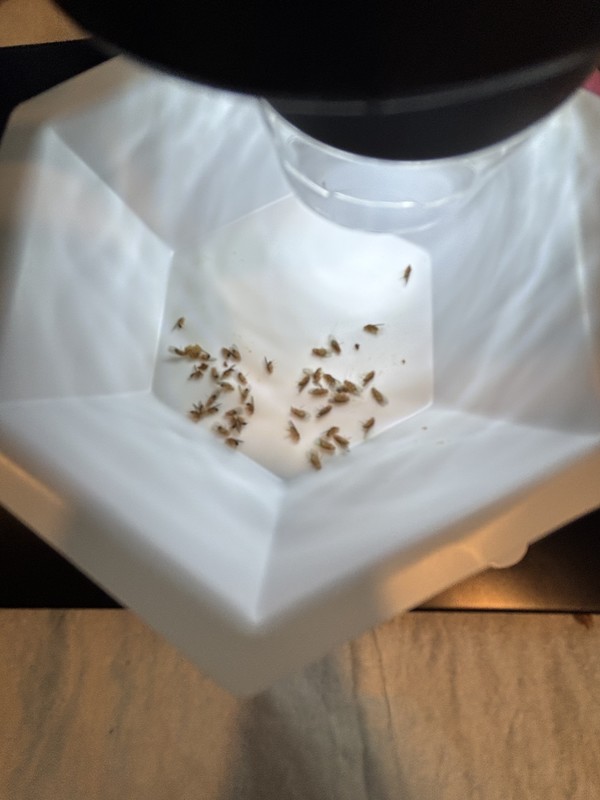
“We measured cell growth by counting pupae on the sides of the vials, and I worked with the mutated gene + nutrient group,” Emma stated. “In the second week, we attended presentations from universities on different cancer topics and completed a group case study on breast cancer.”
Emma shared that she learned a lot about cancer and how it impacts people’s lives, especially their mental health.
“I learned that certain foods can affect cell growth in the body—garlic can greatly reduce cell proliferation, while anise seed powder (the nutrient I tested on my mutated E2F flies) increased it, which is harmful for cancer patients,” she explained.
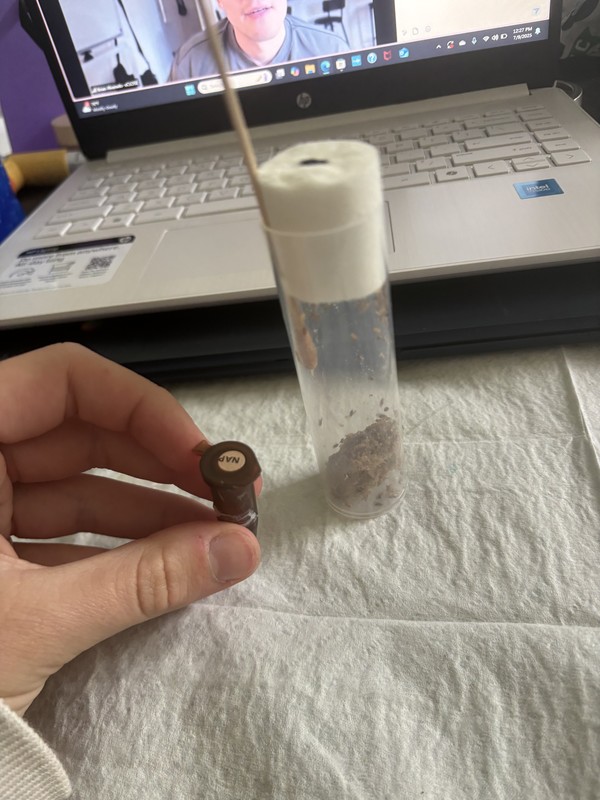
Emma said she was grateful for the experience, which included many amazing people.
“This program pushed me out of my comfort zone, but it was worth it. I was surprised by just how much I learned in such a short time, as well as by the number of participants from different areas and time zones—it made the experience even more interesting,” Emma commented. “A fun bonus was that I got to keep everything they mailed to me, which was such a nice surprise!"
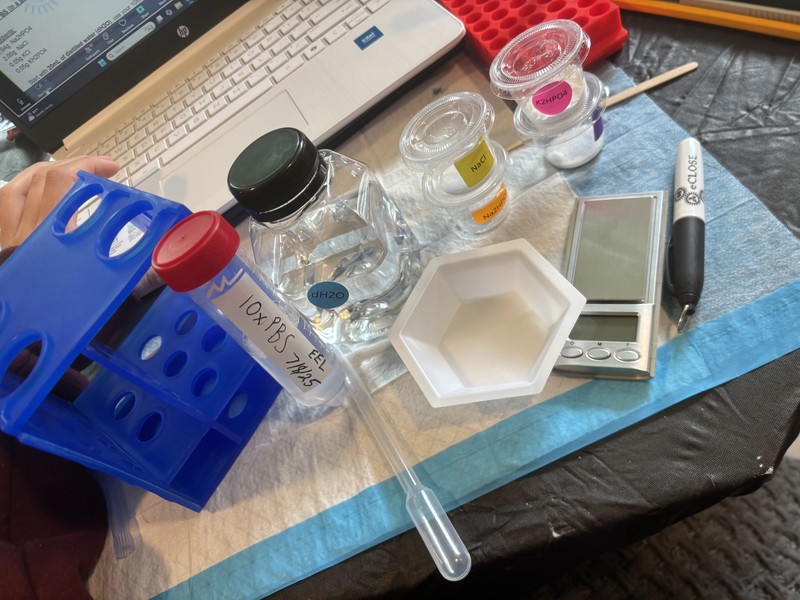
The other cancer centers/universities OSU worked with included the University of Utah Huntsman Cancer Institute, Case Western Reserve University Case Comprehensive Cancer Center, Vanderbilt University Vanderbilt-Ingram Cancer Center, and the Virginia Commonwealth University Massey Comprehensive Cancer Center.
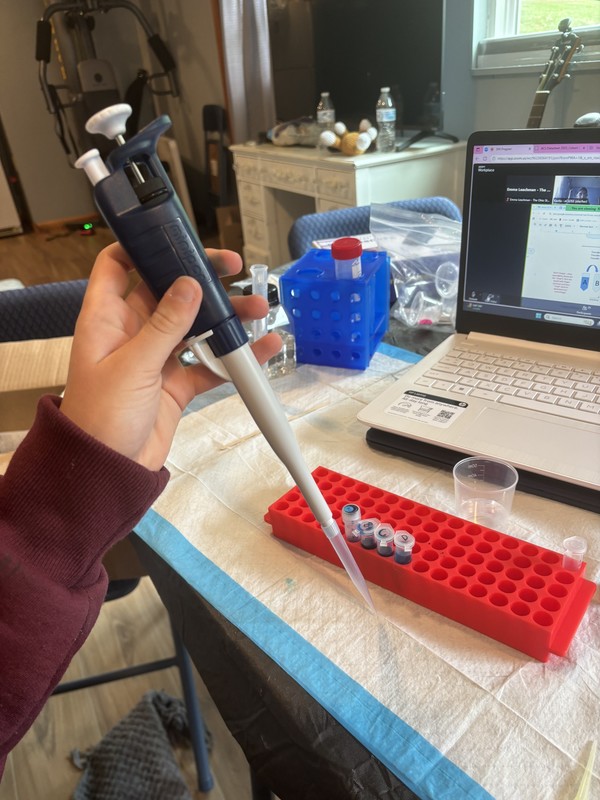
This learning experience was made possible through the support of the American Cancer Society.
